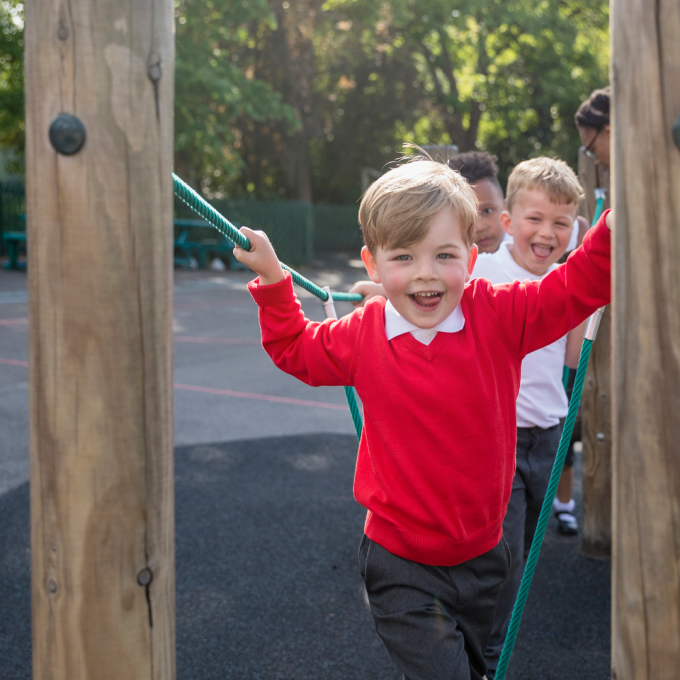In this webinar produced in partnership with Tes, Tes Senior Editor Simon Lock speaks to child mental health expert, Professor Helen Dodd, and two teachers about the importance of using play based activities to boost learning and wellbeing in adolescence - and the techniques they are using to put this into practice.
Play is part of everyday activities in primary settings and considered an important part of children’s social and emotional development. However, as students get older and the academic curriculum gets more demanding the concept of using play to learn and improve wellbeing seems to be phased out of many classes and schools. Research has shown that play-based activities can serve as one of the quickest channels for knowledge acquisition. Delivered correctly, age-appropriate play-based activities can help teachers engage adolescents, improve wellbeing and boost learning.
"...and we don’t do it enough as adults, we don’t do it enough in our education system. We have a tendency to go with the least creative approach which is that we will stand in front of you [adolescents] and we’ll tell you what we think and expect you to absorb it and take it away. And actually when we do it in a playful way, things stick."
Research has shown that play-based activities can serve as one of the quickest channels for knowledge acquisition. Delivered correctly, age-appropriate play-based activities can help teachers engage adolescents, improve wellbeing and boost learning.
Watch the full webinar below -
Pass it on
Small actions can lead to a big ripple effect. If you enjoyed this post or found it helpful, please consider supporting us in our mission to help every child and young person feel safe, supported and ready to learn by sharing it using the social media buttons below.
Want to join a like-minded community of senior leaders and classroom staff benefitting from insights and strategies to improve attendance, behaviour and attainment? Add your email address below. (It’s easy to unsubscribe).

(1)(1)(1)_680.jpg)

(1)_680.jpg)

_680.png)
